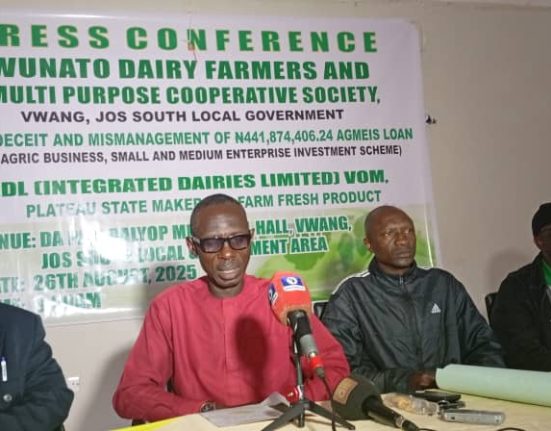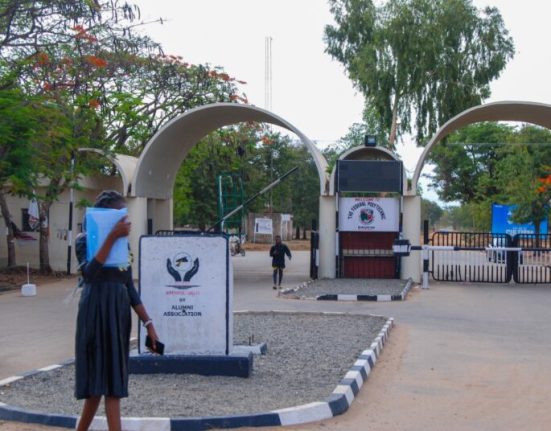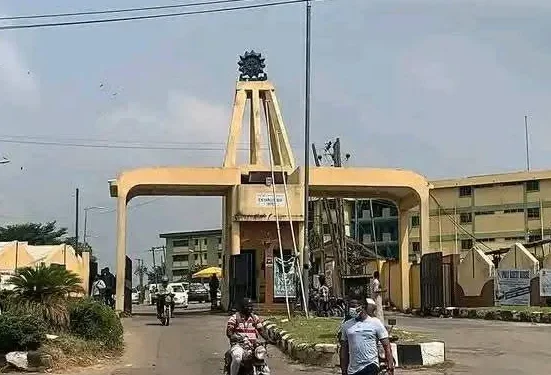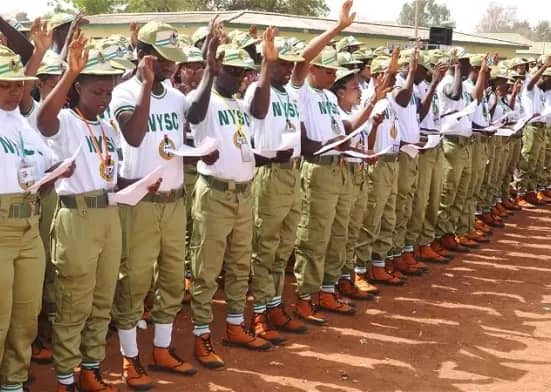Dozens of women from various communities across Kogi State took to the streets yesterday in a dramatic protest against the alarming rise in insecurity plaguing their communities. The women, some partially clothed in traditional protest attire, marched through major streets in Lokoja, the state capital, demanding immediate government intervention.
The demonstrators, mostly mothers and grandmothers from rural communities, employed the culturally significant half-naked protest method a traditional approach considered the ultimate expression of grievance in many Nigerian cultures, symbolizing extreme distress and the stripping away of dignity by adverse circumstances.
“We cannot continue to live in fear,” declared Mrs. Adiza Ibrahim, a 62-year-old community leader from Okene who participated in the protest. “Our farms are no longer safe. Our children cannot move freely. We have lost too many lives to these bandits and kidnappers. This government must act now or we will not stop our protests.”
The women recounted harrowing experiences of kidnappings, armed robberies, and violent attacks that have become increasingly common across the state in recent months. According to their testimonies, several communities have been forced to pay protection levies to criminal groups, while others have abandoned their farms due to security concerns.
Security reports indicate that Kogi’s strategic location bordering nine states including the Federal Capital Territory has made it vulnerable to criminal elements seeking refuge from security operations in neighboring regions. Between January and March this year alone, over 40 kidnapping incidents have been reported across the state, with ransom payments estimated at over ₦100 million.
The state Commissioner for Information, Alhaji Kingsley Fanwo, who received the protesters at the government house, assured them that their concerns would be addressed. “The governor is deeply concerned about these security challenges and has been working closely with security agencies to restore peace to affected communities,” he stated, promising to convey their demands to Governor Ahmed Usman Ododo.
The protest has drawn significant attention from civil society organizations. Mrs. Blessing Abejide of the Women’s Rights Action Group described the women’s action as “a desperate cry for help from those who bear the brunt of insecurity.”
“When women resort to this form of protest in our culture, it signifies that the situation has become unbearable,” she explained. “These are not political activists; they are ordinary mothers and grandmothers pushed to the limit by fear and loss.”
The police maintained a visible but non-confrontational presence throughout the demonstration, with the State Police Public Relations Officer, DSP William Aya, stating that the protesters were exercising their constitutional right to peaceful assembly.
Community leaders have warned that the security situation in Kogi could worsen if immediate action is not taken, especially with the approaching farming season when rural communities become more vulnerable to attacks.
As the women dispersed after delivering their petition, they vowed to return with a larger contingent if their demands for improved security are not met within two weeks. Their action has sparked solidarity protests in neighboring communities, suggesting a growing movement against insecurity in the Middle Belt region.







